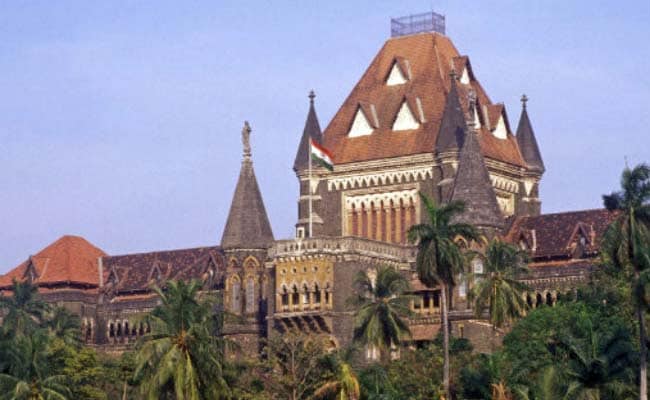
Denying or delaying payment of wages to workers is a violation of their right to life guaranteed by Article 21 of the Constitution, the Bombay High Court said on Wednesday.
A bench of Justices Ujjal Bhuyan and NR Borkar made the observation while ordering a company to pay the wages withheld during lockdown.
The petitioners, around 150 workers of a steel factory in Raigad, had moved the High Court through their union. They also sought a direction to the factory to implement the safety measures in view of the coronavirus pandemic.
The company had paid the workers less than half the wages in March, April and May, said the petition filed through senior counsel Gayatri Singh.
Moreover, prior to lockdown, the company had not paid them wages for December, January and February, the plea claimed.
While they had been asked to stay off work in March after the lockdown was implemented, the factory subsequently reopened.
But the safety measures in view of the pandemic were not implemented, nor any arrangement was made to ferry the workers to and from the factory despite the absence of public transportation, the petition said.
As a result, several workers were unable to rejoin work. This led to a dispute between workers and the factory owners which resulted in delay in payment of dues, the petition said.
The petitioners also said that a previous High Court order in May this year had directed the factory owners to pay the workers their dues for the months prior to the lockdown, but no payment was made.
The factory owners, however, denied the allegations and said that the union had arrived at an informal settlement with them, under which workers had been paid their dues in installments.
The court held that the petitioners could not be denied their wages on the basis of an informal settlement.
"Denial of due wages either by way of non-payment or by way of deferred payment or by way of installments would certainly infringe upon the cherished human right of a workman under Article 21 of the Constitution of India," the bench said.
"Right to life guaranteed in any civilized society implies the right to food, water, a decent environment, education, medical care and shelter."
"Pausing here for a moment, we may ask ourselves whether in the absence of due wages or delayed payment of due wages by several months not authorized under the Payment of Wages Act, can a person be said to live with human dignity?" the bench asked in its judgment.
It went on to say that the answer to the question was "pretty obvious," as denial of wages, or delays by way of deferment, or payment through installments certainly breached the workers' right to life.
The bench directed that the May order of the High Court be implemented and the petitioners be paid their full wages due for the period before the lockdown.
It also directed the local labour commission authorities to resolve the complaint filed by the union within three months.
The high court also directed the government authorities to carry out inspection of the factory to check if all safety measures for prevention of virus infections had been implemented.
Track Latest News Live on NDTV.com and get news updates from India and around the world

